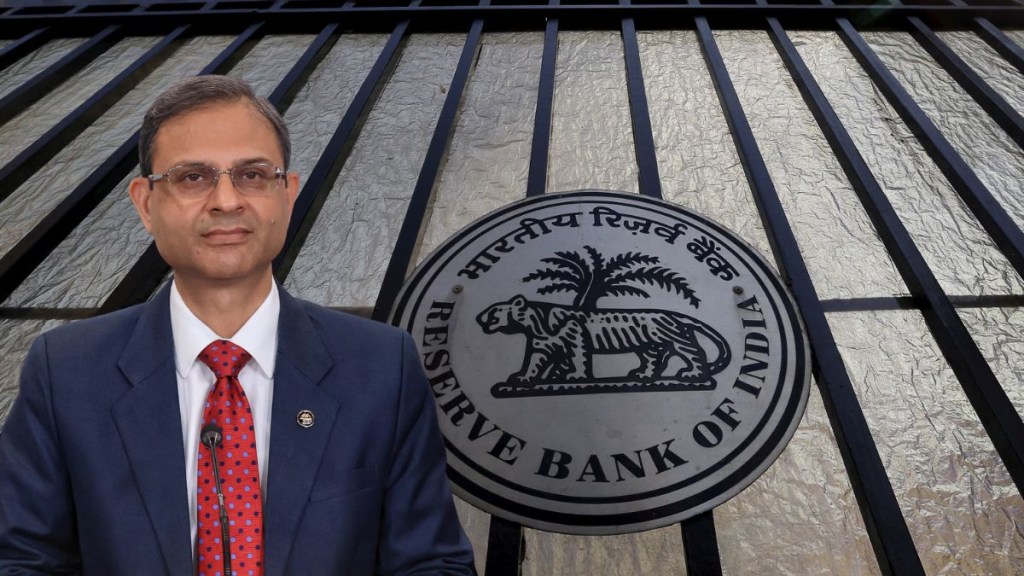In the wake of the 6-member Monetary Policy Committee’s decision to keep the repo rate unchanged at 5.5% in its August 6 policy, the Reserve Bank of India (RBI) Governor Sanjay Malhotra along with four Deputy Governors shared critical insights into the evolving stance on growth, inflation, rate transmission and and shifting global dynamics in the post-policy media interaction. Excerpts:
What is your view on President Donald Trump calling India a dead economy?
I am not the right person to react to the President. We have the toughest growth rate at 6.5% and are contributing about 18% which is more than the US where the contribution is expected to be much less at about 11% or something. So we are doing well and we will continue to further improve.
The MPC has retained the inflation forecast at 6.5%. Has the tariff impact been factored in?
We have already revised our growth forecast from 6.7% to 6.5% to reflect global uncertainties. Tariff impacts are still unclear, and we will monitor incoming data closely. As for the phrase ‘very limited space,’ it was relevant when we shifted from accommodative to neutral. We are continuing with our current stance, so that phrase doesn’t apply right now. We will continue to monitor our macroeconomic conditions on a policy to policy basis and accordingly take a call. We will continue to do whatever is required to facilitate good growth while of course maintaining price.
Will global trade changes push up inflation due to expensive imports?
India’s inflation is less dependent on the outside as far as inflation is concerned. And the other thing is that if at all there is an impact, there is also an impact on the growth, on the demand and that has the reverse impact. We don’t see a major impact of this unless we have retaliatory tariffs and so on and so forth, which I really do not foresee.
Poonam Gupta: Let me also remind you that our inflation basket, nearly half of it, consists of food which does not get impacted directly by global developments. A significant part consists of non-tradables which again does not get impacted by global developments. So to that extent of first order, the direct impact of these evolving uncertainties on India’s inflation is likely to be very limited.
Why no rate cut despite the inflation forecast dropping to 3.1%?
We have already front-loaded a 100 bps rate cut between February and June. Transmission is still unfolding. Food inflation is volatile, while core inflation remains stable. We’re watching the data and will act as needed.
Can RBI support Indian businesses amid US tariff uncertainty?
Yes, we have taken steps not just through monetary policy but also via regulatory and trade facilitation measures. We will continue to do what’s necessary.
Will strained US-India relations affect foreign investments and the rupee?
Foreign flows, be it inflows or outflows will depend on so many things, current account and capital account. It’s too early to say. Our foreign reserves cover 11 months of imports, so we are confident of meeting what our needs are there from the external side.
What’s RBI’s aspirational growth rate?
As for growth, we aspire to exceed 6.5%. Historically, we have achieved on an average 7.8% in the past, and that remains our benchmark.
What’s the inflation impact if India stops buying Russian oil?
Crude is important, but we source oil from multiple countries. The impact depends on global prices and government fiscal measures. As of now, we don’t foresee major inflationary pressure.
Is deposit decline affecting banks’ ability to fund corporates?
Not at all. The ability of the banks to fund corporates, I don’t think that is getting in any way impeded. Banks have sufficient funds in order to meet the needs of the economy, be it corporates, be it households, be it the government sector.
With a fall in interest rates there is a perception that people would move to riskier assets, savings moving to high yielding assets. Are you seeing this affecting bank deposits?
There is certainly a shift from banking to equity, from debt to equity. I think that’s on the whole a healthy trend for any economy. There should be a good mix and I think we are moving towards that. We should not be unduly concerned about that.

